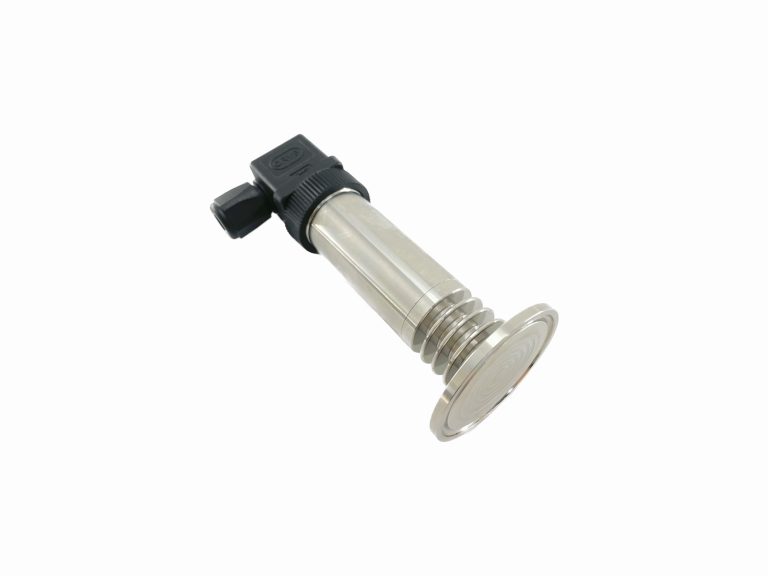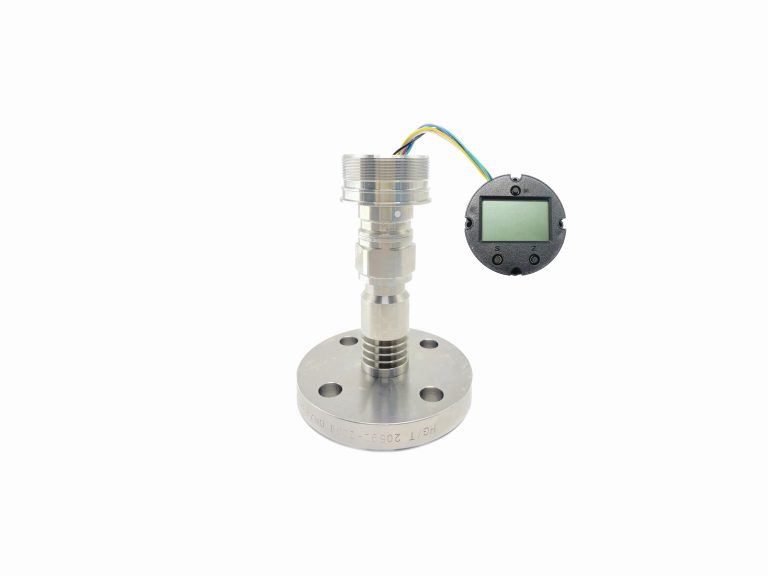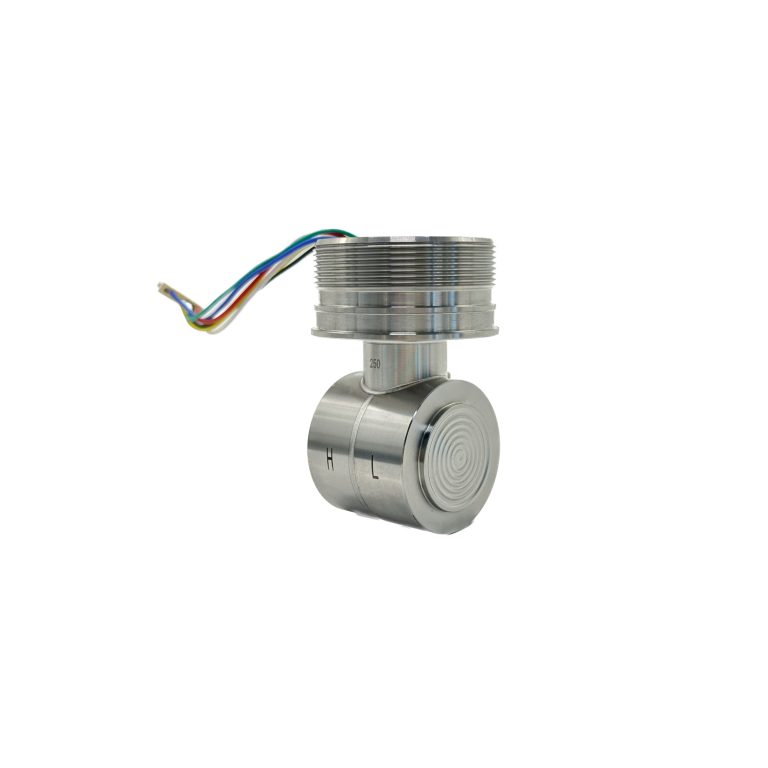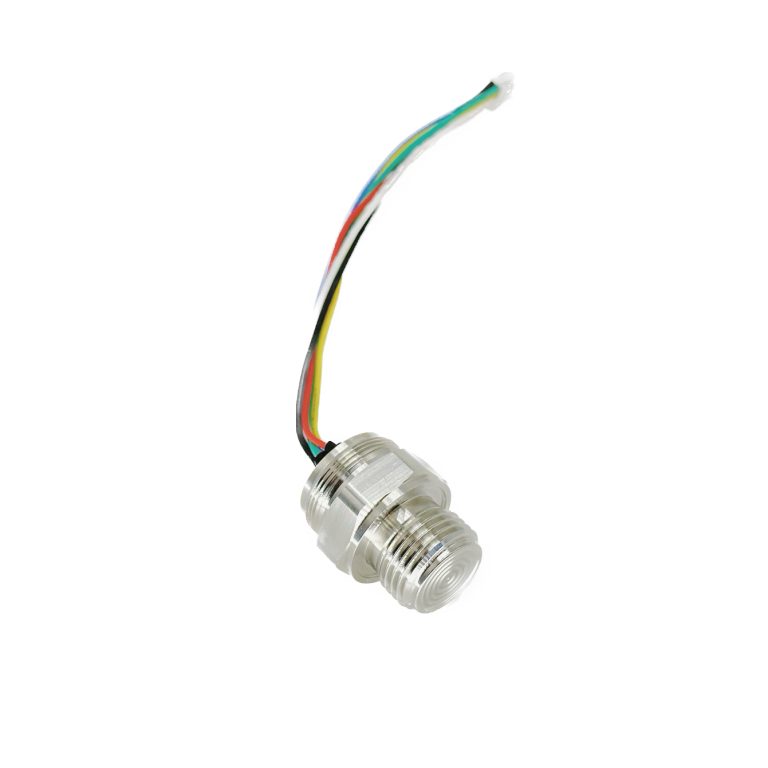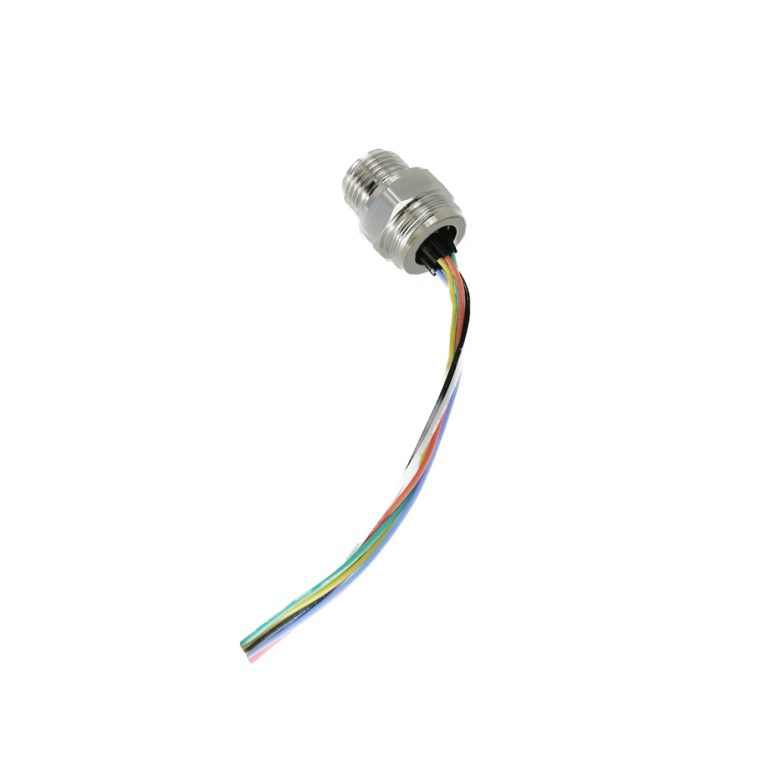Introduction to Pressure Sensors
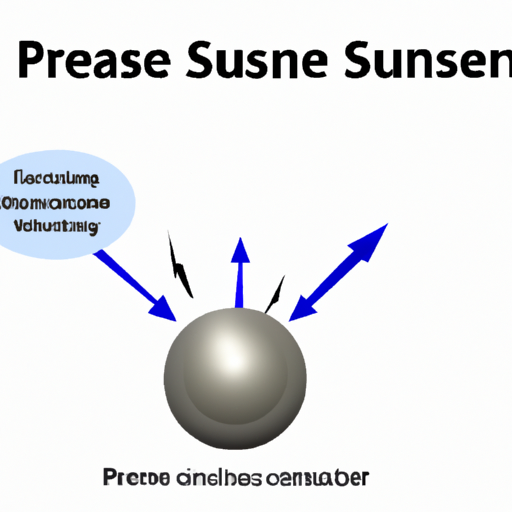
Pressure sensors are devices that are used to measure the pressure of gases or liquids. They are widely used in various industries and applications, ranging from automotive and aerospace to medical and environmental monitoring. In this article, we will provide an introduction to pressure sensors, explaining what they are, how they work, and their different types and applications.
To begin with, let’s understand what pressure is. Pressure is defined as the force exerted on a surface per unit area. It is typically measured in units such as pounds per square inch (psi) or pascals (Pa). Pressure sensors are designed to measure this force and convert it into an electrical signal that can be easily measured and interpreted.
Pressure sensors work on the principle of detecting the physical deformation of a sensing element when subjected to pressure. The sensing element can be made of various materials, such as silicon, ceramic, or metal, depending on the specific application requirements. When pressure is applied to the sensing element, it undergoes a change in shape or size, which is then converted into an electrical signal by the sensor.
There are several different types of pressure sensors available, each with its own advantages and limitations. One common type is the piezoresistive pressure sensor, which uses the change in resistance of a material when subjected to pressure. Another type is the capacitive pressure sensor, which measures the change in capacitance between two plates when pressure is applied. Other types include optical, electromagnetic, and resonant pressure sensors.
The choice of pressure sensor depends on various factors, such as the range and accuracy of pressure measurement required, the operating conditions (temperature, humidity, etc.), and the cost constraints. For example, piezoresistive sensors are commonly used in automotive applications due to their high accuracy and reliability, while capacitive sensors are often used in medical devices due to their small size and low power consumption.
Pressure sensors find applications in a wide range of industries. In the automotive industry, they are used for measuring tire pressure, engine oil pressure, and brake fluid pressure. In the aerospace industry, they are used for monitoring cabin pressure, fuel pressure, and hydraulic pressure. In the medical field, they are used for monitoring blood pressure, respiratory pressure, and intracranial pressure. They are also used in environmental monitoring systems to measure atmospheric pressure and water pressure.
In conclusion, pressure sensors are essential devices used for measuring the pressure of gases or liquids. They work by detecting the physical deformation of a sensing element when subjected to pressure and converting it into an electrical signal. There are various types of pressure sensors available, each with its own advantages and limitations. The choice of pressure sensor depends on the specific application requirements. These sensors find applications in a wide range of industries, from automotive and aerospace to medical and environmental monitoring.

